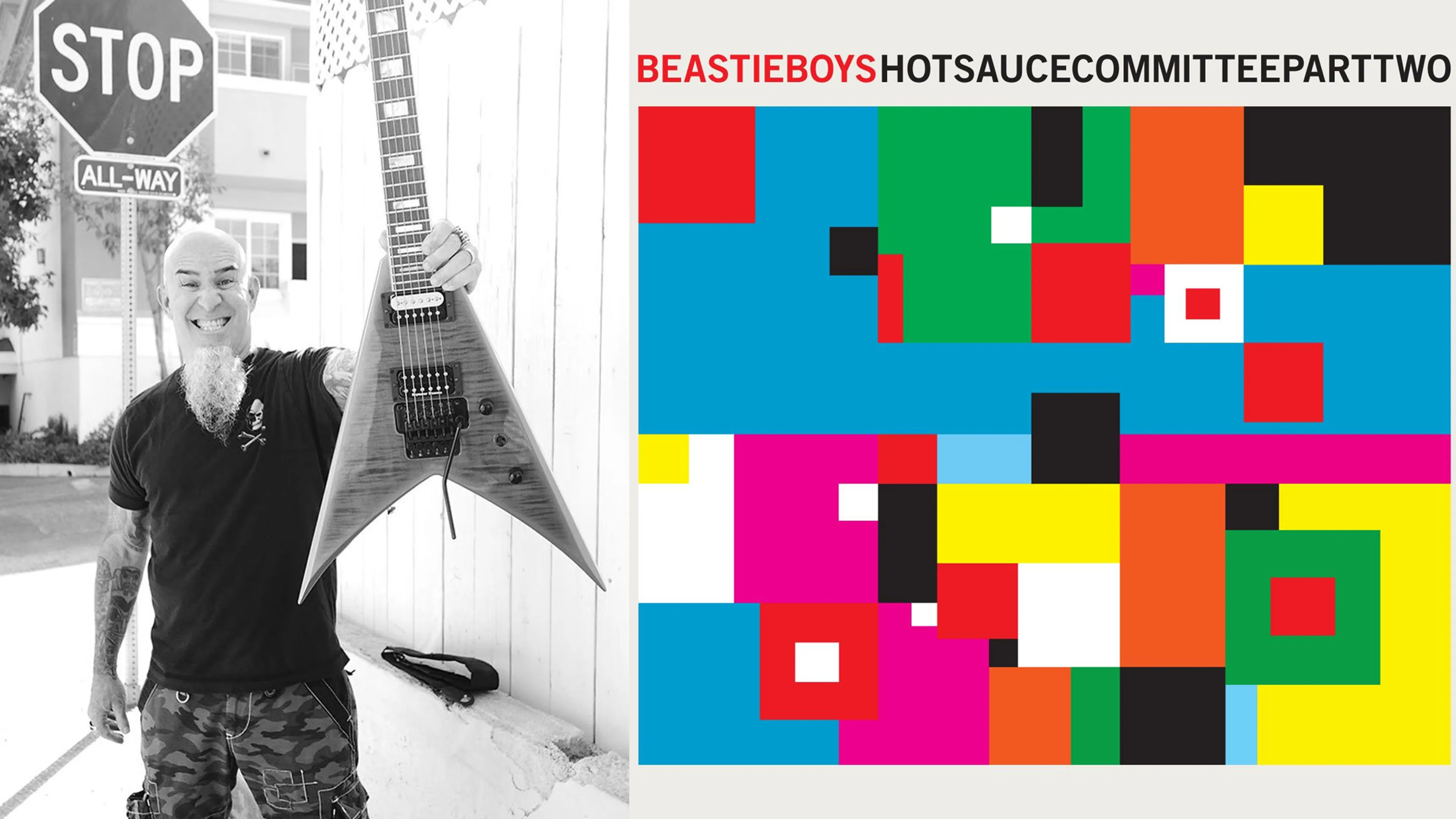“We were touring the UK around that time and we couldn’t believe the Beastie Boys were being demonised by the tabloids. It was like, ‘The world’s going to end because of the Beastie Boys’, it was fucking crazy. What did they even do? They were throwing beers around and there were scantily clad women dancing onstage. Come on, really, this is going to destroy our youth?
“I know the guys grew to hate everything about that record and the way they were back then, and I get it. The drinking and partying, that shit gets old after a while, and it’s easy to look at yourself and go, ‘Who the fuck is that guy?’ But hey, sometimes you’ve just got to ride the wave. It was a different angle than most other rap and hip-hop. They could all rap, they had the songs and they were giving you something completely different onstage than Run-D.M.C., Public Enemy, LL Cool J.
“They were a big influence on us. When we were writing I’m The Man, it was the biggest inside joke we could think of for us, this thrash metal band, to have a rap song where the main riff of the song was the Jewish folk song Hava Nagila. We talked to the Beasties and the idea was to have them be the MCs on it. But we were never able to work out schedules. You couldn’t cut vocals into ProTools and then email them back in ’86, you actually had to get in the room. So it never worked out. We figured, let’s just lay down the parts as a Plan B and we totally aped the Beastie Boys. I was MCA, Frankie [Bello, bass] was Ad-Rock and Mike D and Charlie [Benante, drums] was this other thing. We did our best Beastie Boys impersonation and thought it was cool. We figured that if nobody likes this, who cares? We’re putting it out as a B-side in the UK, so if people hate it, it’ll go away quick. And, of course, it was the opposite reaction and it fucking exploded. I remember bumping into the Beastie Boys at a show and they were like, ‘Hey, whatever happened with that track?’ I was like, ‘Oh shit man, we ended up doing it,’ and they were like, ‘No worries, it’s probably better that way anyway…’
